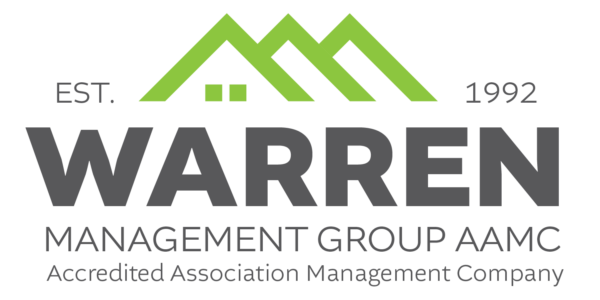Let’s first establish what an assessment is:
Each year, the Association is obligated to establish an annual budget that funds the necessary administrative functions, maintenance responsibilities, insurance costs and other such expenses as determined appropriate for the community or obligated by the governing documents or state statute. The total expenses are divided equally (or according to the allocated interest of each unit) to all of the units to provide for the necessary funding for that fiscal year. The amount “charged” to each unit’s account is called an assessment.
Shouldn’t the assessment remain static year to year?
Retaining a static assessment year after year is rare, simply as a result of aging community elements and increased costs of services. In reality, members should anticipate the annual assessment to increase a minimum of 5% each year to offset the cost of inflation. As costs increase, the Board may be successful in
- negotiating lower rates with current providers,
- reducing services to fit within a reduced budget,
- increasing volunteerism to reduce paid services by outside parties, or
finding other service providers that offer lower rates (perhaps accepting a lower level of service)
however, some costs are simply non-negotiable yet required expenses and must be funded.
What factors may cause an increase in the annual assessment?
A variety of factors may be present, causing the annual budget to be increased. Examples may be:
- Additional common area dedicated to the Association from the developer, creating increased maintenance, utility and insurance costs.
- A higher level of service is opted.
- Additional services are offered.
- An cost increase by service providers in incurred.
- The loss of working capital funding from initial sales.
- Replacement of landscape materials due to above-normal winter kill or environmental conditions.
- Repairs needed ahead of schedule due to premature aging.

- An increase in delinquencies.
- An increase in covenant violations.
- An expense is incurred during the previous fiscal year that was paid by borrowing funds from the Association’s reserves, but must be reimbursed within one year.
Can the Board impose an assessment increase without my prior knowledge?
The answer to this question depends on whether your community is subject to the terms of Colorado State Statute 38-33.3 (commonly known as the Colorado Common Interest Ownership Act also referred to as CCIOA).
CCIOA (pronounced KĪ’-Ō-ŬH) communities are required to hold a meeting with the membership for the purpose of presenting and ratifying the budget. Advance written notice of this meeting to the membership is required. The budget is
ratified unless defeated unless the association’s governing documents provide other terms of budget approval.
If the community is not under the terms of CCIOA, the Board may have approving authority to increase the assessment up to a certain percentage without a vote of the members.
Refer to your governing documents for specific requirements of budget approval to fully understand your rights and responsibilities.
